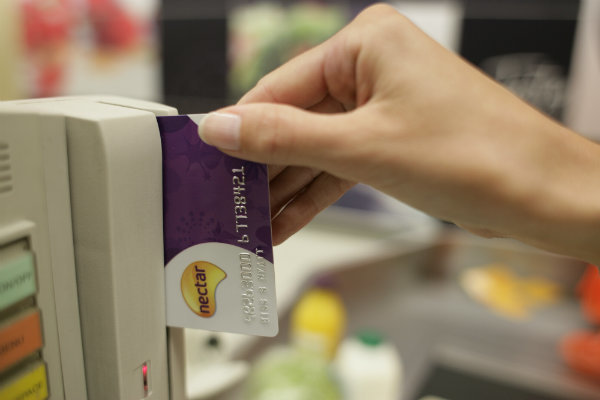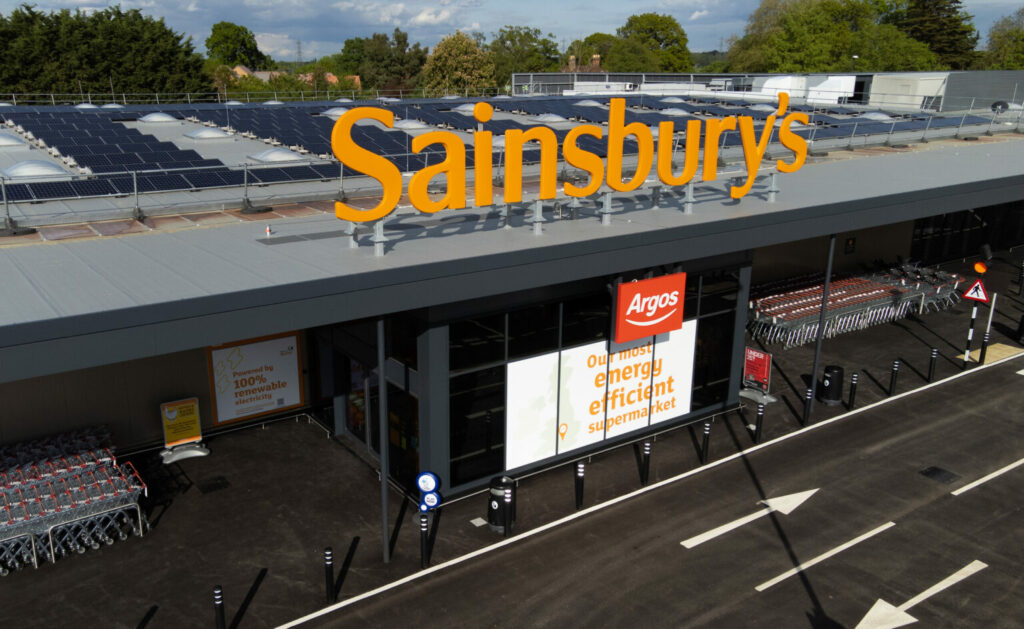Aimia Coalition, the company behind Nectar, saw revenues from the use of Nectar Cards increase during the ongoing supermarket price wars.
As major supermarket chains compete to slash their prices, Aimia Coalition claims that customers are redeeming more of their accumulated Nectar points, though on average fewer points were earned.
The company‘s card revenues rose 4% last year to £300m. A portion of revenues are booked for ‘breakage‘: points that are earned but never used by customers. Although breakage figures decreased, shoppers earned 1% fewer Nectar points during 2014.
Aimia believes that 24 Nectar Cards are swiped every second. Last year the company suffered a £52.4m slump in profits. This was largely due to a VAT windfall in 2013, where it successfully challenged a HM Revenue & Customs ruling. It has also suffered from actions taken by supermarkets such as Sainsbury‘s, which in April halved the number of Nectar points shoppers can earn to just 1 per £1.
The success of the Nectar Card shows the continuing potential of loyalty cards despite the competitive market. Having failed to find the right buyer, Tesco recently abandoned plans to sell its data arm, Dunnhumby, the company which uses data from club cards. Marks & Spencer have also recently announced the ‘Sparks‘ loyalty card, which aims to reward customers not just for how much they spend but for visiting different stores.

















